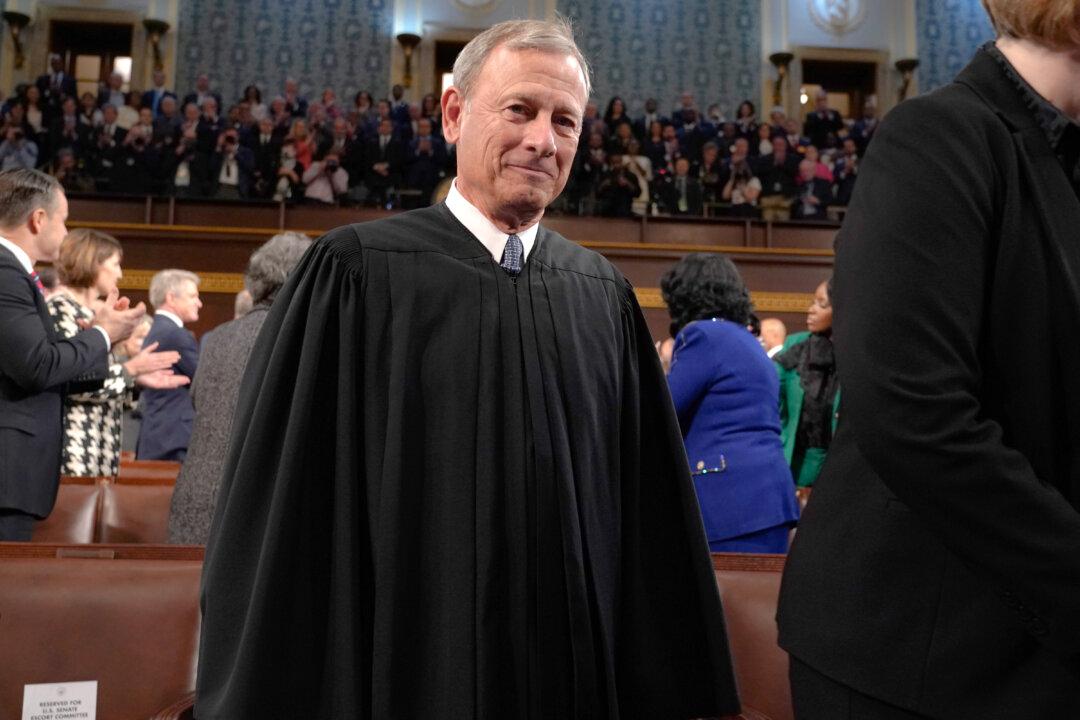The Supreme Court struck down on June 29 the use of racially discriminatory admissions policies at U.S. colleges.
The 6–3 decision ends the use of so-called affirmative action in higher education, a longtime goal of conservatives.

The Supreme Court struck down on June 29 the use of racially discriminatory admissions policies at U.S. colleges.
The 6–3 decision ends the use of so-called affirmative action in higher education, a longtime goal of conservatives.